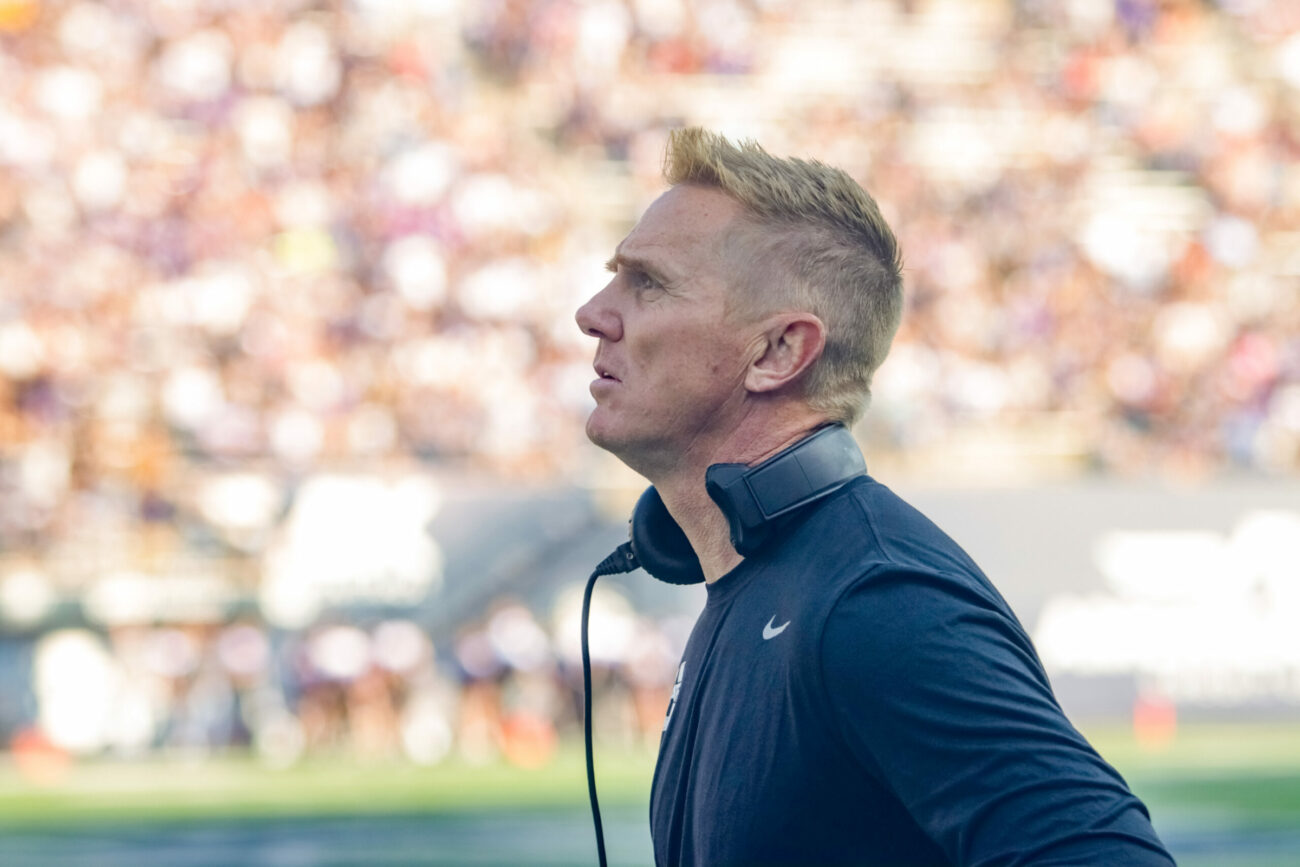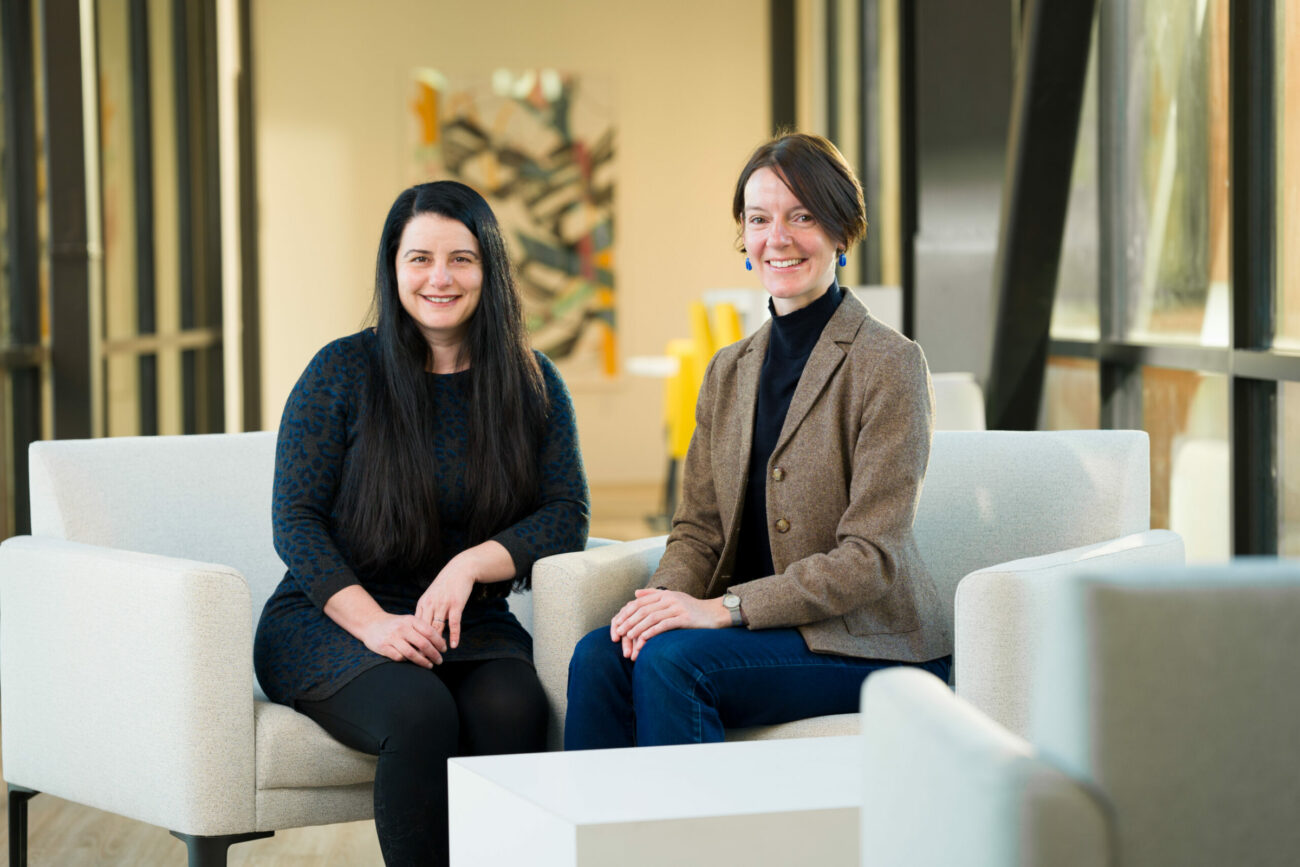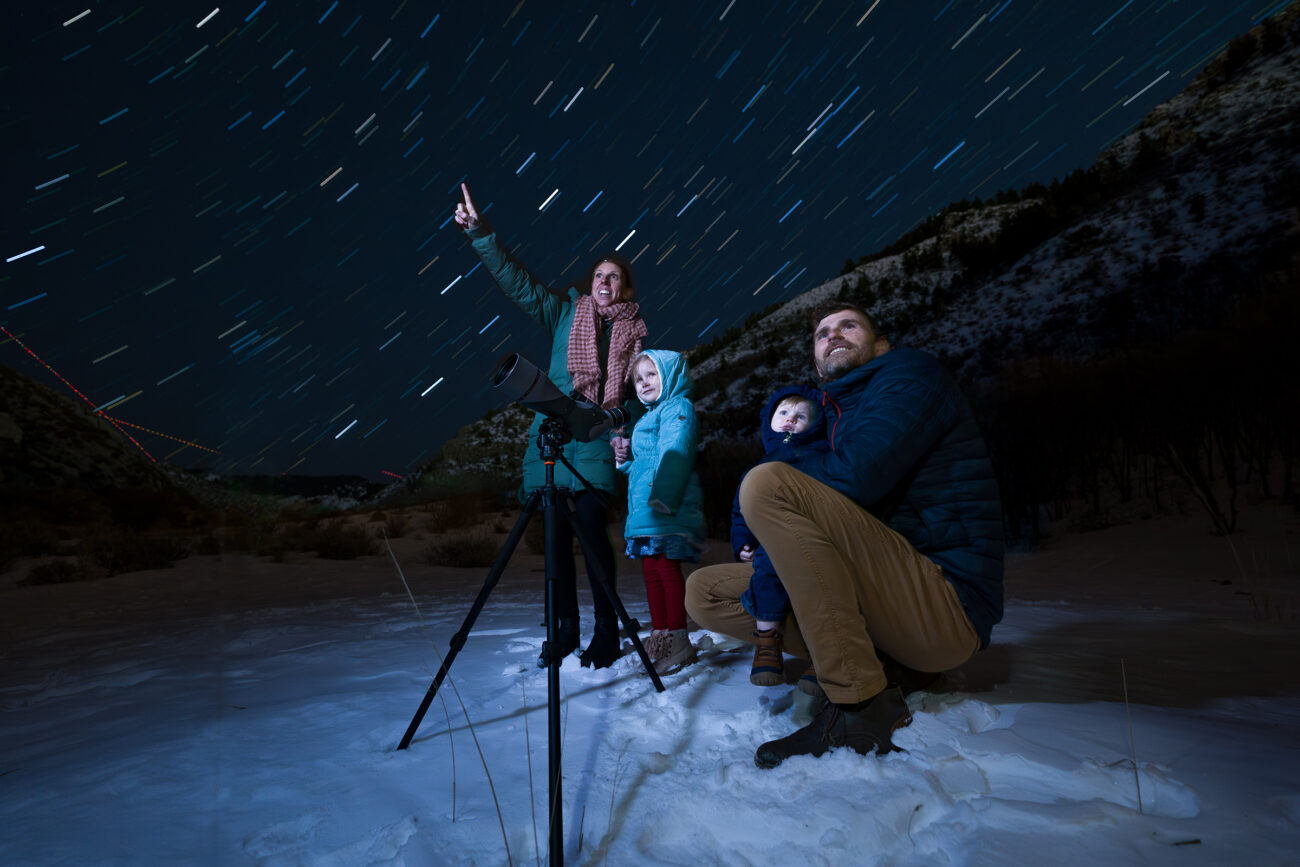To The Polls
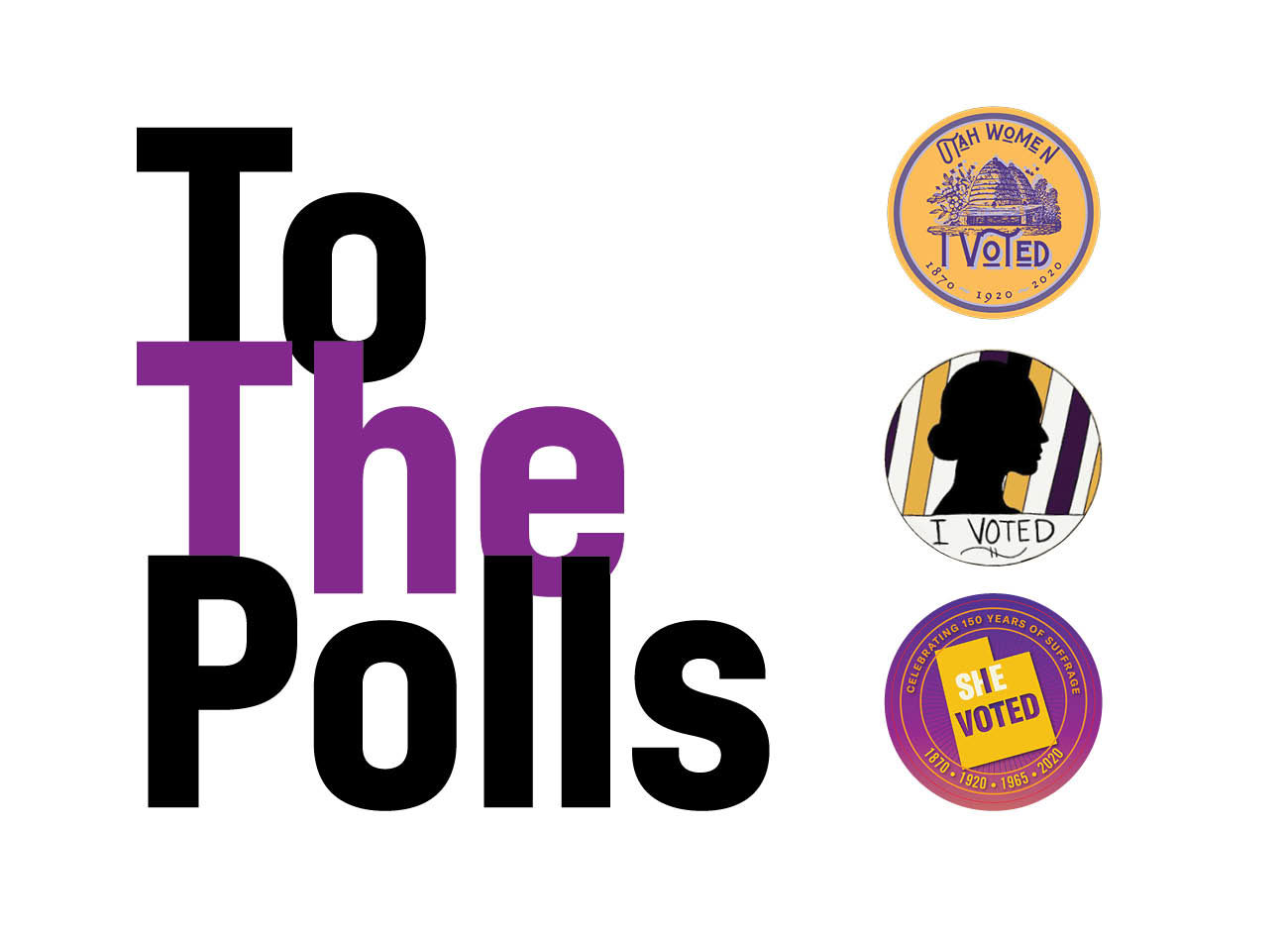
THE ROAD TO SUFFRAGE HAS BEEN LONG,
BUMPY, AND HAS AT TIMES, REVERSED COURSE.
The women of Utah Territory were the first in the nation to head to the polls in 1870. But the right to vote was short-lived.
In 1887, their right to vote was repealed by Congress only to be reinstated in 1896. It would be yet another two and half decades before the ratification of the 19th Amendment expanded suffrage to women across the country. The Voting Rights Act of 1965 helped finish the job, removing barriers for disenfranchised African Americans to vote. In 2020, Utah State University launched its Year of the Woman campaign to celebrate important suffrage milestones. As the country prepares for the general election in November, we asked four Aggie women why voting matters to them.
HOLLY DAINES
Mayor of Logan, Utah
It was supposed to be the “Celebration of the Century.” An evening of storytelling and music marking 100 years of women’s suffrage in the United States. Then COVID-19 hit, and the March 13 program in Logan, like so many other celebrations, was canceled. One morning in May, Logan City Mayor Holly Daines ’81 couldn’t dwell on past events put on hold. She was in her city hall office analyzing the budget.
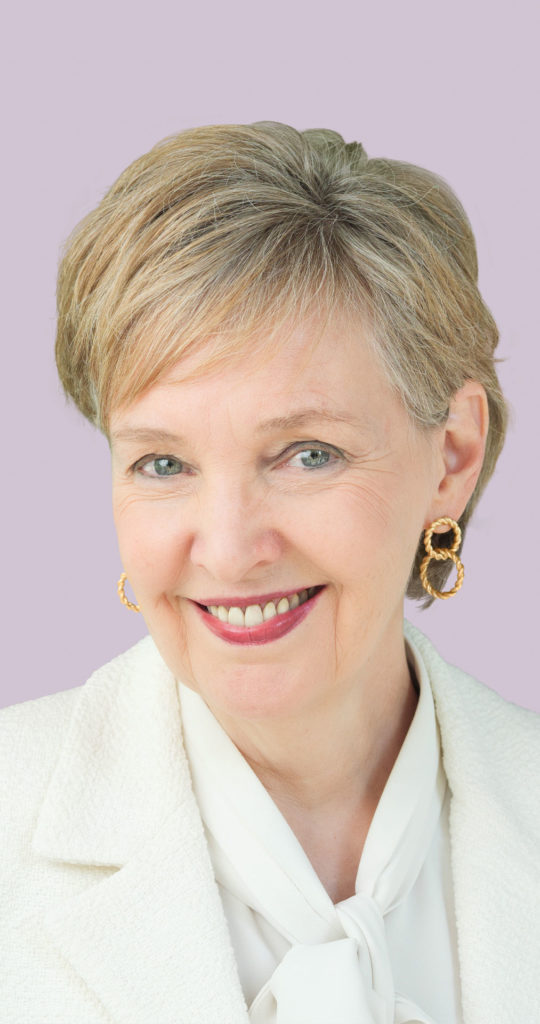
“It’s easy to take it for granted that we always had the benefits that we enjoy now,” she says. Daines was talking about women having the right to vote.
“I really think we are so comfortable with where we are,” she says. “Our numbers in Utah, in terms of having women in elected office, are really below some national averages.”
Daines thinks Utah can do better. She points to the work of groups like Better Days 2020 and the Women’s Leadership Institute that advocate for young women to know their history and to get involved with politics.
“It is important that we vote, but maybe take it one step further,” she says. “Consider running for public office. Or if not, at least help with a campaign or encourage other women to run.”
Daines is the second woman elected to the mayor’s office since Logan’s founding. She ran for the seat after serving eight years on city council and points to research showing that men are more likely to run for public office.
“Women,” Daines says, “sort of need a tap on the shoulder to say, ‘you would be good at this. You have the skills. You have the qualifications. Would you consider running for office?’ That actually happened to me at Logan City.”
Her foray into local politics began when Daines was a new mom with two kids at home. There was no park in her neighborhood. She learned how to organize residents, work with city council members, and ensure neighbors were represented on the city’s design committee for a park. Her grandkids now walk to it.
Daines stresses that women often have many of the skills needed to serve in public office, such as time management, budgeting, and interpersonal skills. They just may not realize it.
This fall, Daines hopes women don’t limit themselves to the ballot. She wants them to see themselves on it, too.
“You can really make a difference if you are willing to step up and run for public office,” she says. “We need more women’s voices to balance out the conversation. It’s not that men don’t do a great job as well, but the more diversity of comments, the more diversity of opinions we have, and perspectives, that helps all of us do better.”
ALANA MANESSE
USU Senior
Alana Manesse spent much of the last year examining black and white photographs and scouring archived newspaper articles to stitch together the lives of women important to the suffrage movement in Utah. She learned their names and their stories.
“It is just cool to go through and find out why these women were influential and why they are worth remembering,” Manesse says. 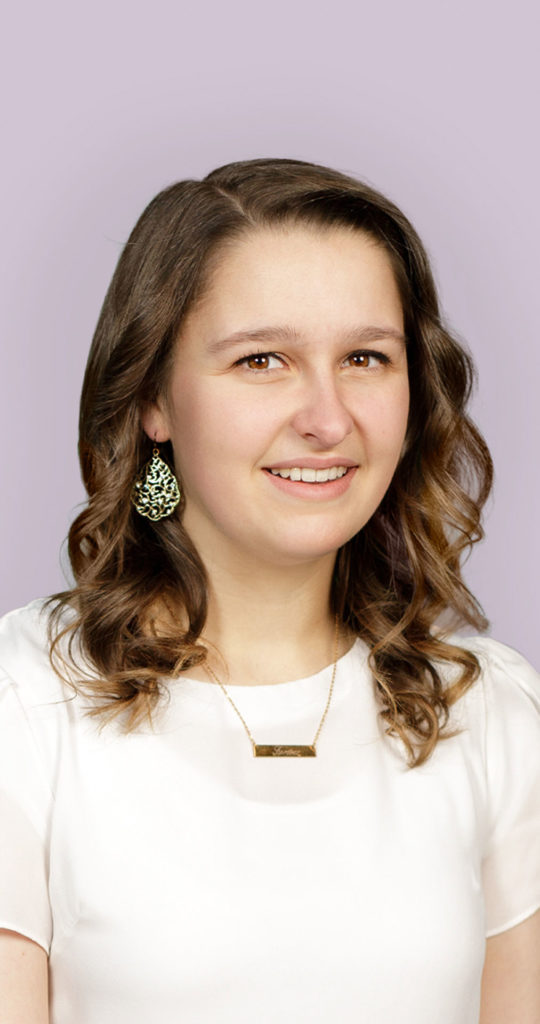
She is the primary research assistant for Utah State University’s Year of the Woman campaign, which celebrates significant anniversaries of the suffrage movement in Utah and the United States. The junior technical communication and rhetoric major came into the project versed in the basic timeline of the nation’s voting rights history. (In part, the result of participating in the American Legion Auxiliary’s Utah Girls State program in high school.) What caught Manesse by surprise was the duration of the fight.
“The women’s suffrage movement lasted 70 years,” she says. “It lasted through the Civil War; it lasted through World War I. And I think, to me, that just shows that it was a fight worth fighting for. And if they were so willing to fight for that, and it made such a big difference in their lives, why wouldn’t I want to vote to honor that legacy and use my own voice?”
Manesse grew up in Willard, Utah, the oldest of four girls. Her family encouraged one another to speak up if they want to be heard.
“I think voting is a good way to have that done politically,” she says. That is the way it is set up and if you want to take the opportunity it is there for you. If not, you can’t say anything about the outcome if you aren’t going to put in the effort.”
Manesse is an anomaly of sorts. Typically, presidential elections garner the most attention and larger share of first-time voters. But Manesse’s first election was a local one. Voting, for her, is a serious affair. She studies the candidates and the issues on the ballot to understand what her vote actually supports. Come November, some of Manesse’s friends will vote. Others won’t. As the election nears, she urges her peers to do their own homework.
“Stay informed,” she says. “Because even though our voices seem small by themselves, when they are collective, they can become significant.”
Manesse’s research will be on display this fall at the Merrill-Cazier Library in an exhibit titled “Telling Our Story: 130 Years of Aggie Women.”
RonNell Andersen Jones
University of Utah Law Professor
RonNell Andersen Jones ’95 vividly recalls voting in her first election. She was as a student at Utah State University and her mother came to campus to deliver a League of Women Voters voting guide. Read about the candidates and propositions, she told her daughter, and try to make wise choices.
“I think part of the reason I have remained civically engaged for the rest of my adult life is that she helped me get that good start,” Andersen Jones wrote over email. “She taught me, from the beginning, that the privilege was to be appreciated and that my efforts to be an informed, thoughtful citizen were worthwhile.”
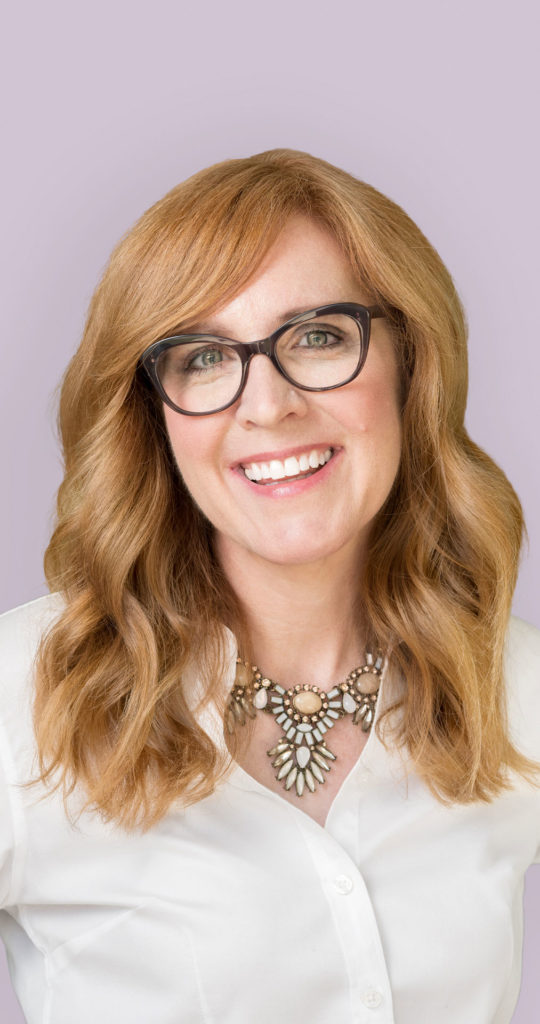 She tries to model that same behavior for her own children today. Whether she votes in person or by mail, Andersen Jones involves them in the process to emphasize the same underlying message: thoughtful participation in our democracy. Because she knows voting is a right often under-exercised in the United States. And it matters.
She tries to model that same behavior for her own children today. Whether she votes in person or by mail, Andersen Jones involves them in the process to emphasize the same underlying message: thoughtful participation in our democracy. Because she knows voting is a right often under-exercised in the United States. And it matters.
“The right to vote is absolutely central to democracy,” says Andersen Jones, the Lee E. Teitelbaum Chair at the University of Utah S.J. Quinney College. “One of the most important things my law students come to appreciate in our constitutional law class is how few of our rights are actually articulated in the Constitution and how much of our governance and lawmaking the founders left to the democratic process. Voting is the primary way we impact the law of the land.”
Ratification of the 19th Amendment didn’t eliminate the discriminatory barriers women faced every day. It simply marked the beginning of the next fight. Andersen Jones’ grandmother was nine years old when it passed. Her mother’s generation still needed to have a male cosigner before applying for a credit card. And Sandra Day O’Conner—the first woman on the U.S. Supreme Court— couldn’t land a job despite graduating third in her class from Stanford.
“These weren’t distant, historical, textbook examples,” Andersen Jones writes. “They were actual women, marking the advancement of women’s rights efforts with their own lives.”
In 2003, she clerked for Justice O’Connor and the two eventually team taught a course at the University of Arizona. Justice O’Connor remains a central person in her life. She once told Andersen Jones “being a woman was both her most important trait as a lawyer and her least important. And the same is true for you.”
Andersen Jones is a former journalist and a media law scholar. She knows there are still glass ceilings to break. The women in her life have shown her it can be done. And it must.
“One especially important person who helped me find my path was my USU journalism professor Nancy Williams,” Andersen Jones says. “She taught me that government works for the governed, that clarity counts, and that we don’t have to accept our current circumstances as static and inevitable, because we can change both ourselves and the world around us.”
Paige Petersen
Utah Supreme Court Justice
Paige Petersen ’91 cast her first ballot in the 1984 presidential election. She was in third grade. Petersen didn’t know during that class vote that she was exercising a right unavailable to women for much of the nation’s history. Suffrage, she says, was just the beginning of women’s uphill climb for equal rights.
“Women not having the right to vote really goes hand in hand with women in early America not having equal civil rights,” the Utah Supreme Court Justice says from her home office over video chat. “They couldn’t enter into contracts. They couldn’t own their own property if they were married. And women couldn’t become lawyers. They couldn’t be admitted to the bar. The things that I have been able to take for granted in my life.”
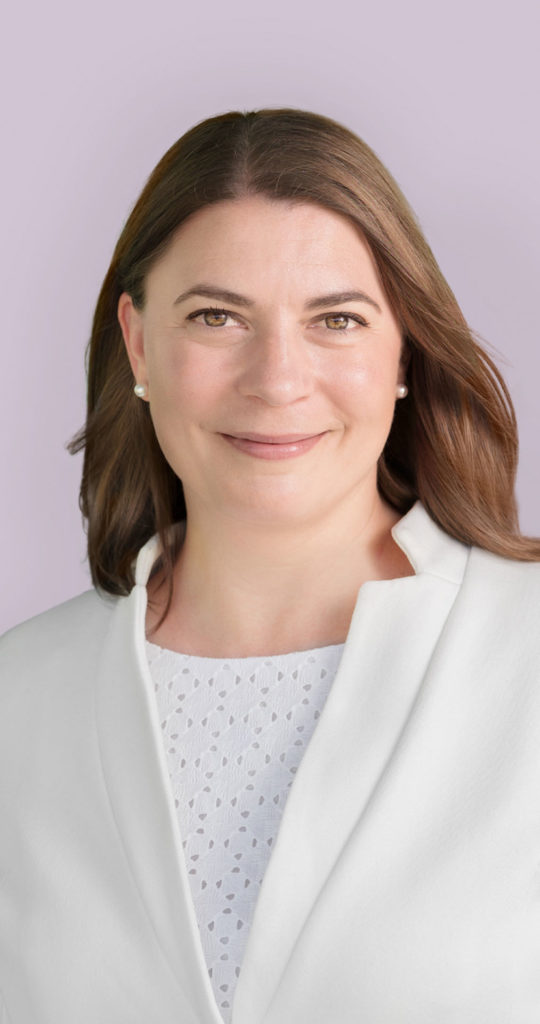
Voting, eventually, opened the door for women in other arenas. But it often took other women to clear a path forward for future generations to pass. In 2017, Petersen was picked by Gov. Gary Herbert to replace Christine Durham—the state’s first woman Supreme Court Justice—when she retired. When Durham graduated from law school in 1973, many law firms would not hire women, Petersen says. “Even in recent history, women like Justice Durham had to break down significant barriers.”
Durham and the first generation of women to take the bench are role models to Petersen. But as a child in Emery and then Carbon County, Petersen looked to her teachers and parents. She grew up feeling she could do anything she set her mind to, she says.
Petersen earned her associates at USU Eastern and went on to the University of Utah and then Yale Law School. While serving as a prosecutor at the International Criminal Tribunal for the former
Yugoslavia, she prosecuted the former Serbian Chief of Police for ethnic cleansing, mass murder, and systematic rape in Kosovo. The victims of those war crimes represent what can happen when people lose their voice in society.
“It was a breakdown in the rule of law,” she explains. “The police and military murdered people on a mass scale. Political leaders committed crimes against their own people, all with impunity. It showed me why it is so important that the law apply equally to everyone, even the powerful.”
Voting is critical to a functioning republic, and too often in the United States, elections occur, and citizens stay home.
“For America to be the America that our founders envisioned, it requires people to be engaged in the electoral process, and take it seriously,” Petersen says.
An exercise: Imagine that you live in a country, you pay taxes, you are subject to the laws, but you have no say in the government that makes those laws.
“Think of how hard you would fight against that. It was one of the reasons for the American Revolution,” Petersen says. “That’s why voting matters. It is the right to have a government that you have a say in, that is representative, instead of one that is imposed upon you. It is the right, I think, that is the foundation for all other rights. Because if the people can’t vote, how long do we get to keep our other rights?”
Read Justice Petersen’s essay on the Utah women who shaped voting rights in America at utahstatemagazine.usu.edu/the-nineteenth.
The “I Voted” stickers featured in the main image were created for the Utah Office of Elections and Better Days 2020 effort to celebrate Utah’s 150th anniversary of women being the first in the nation to vote. Images by artists Rachel Hafen, Cal Haynes, Canace Pulfer, and Brooklyn Cardon.




